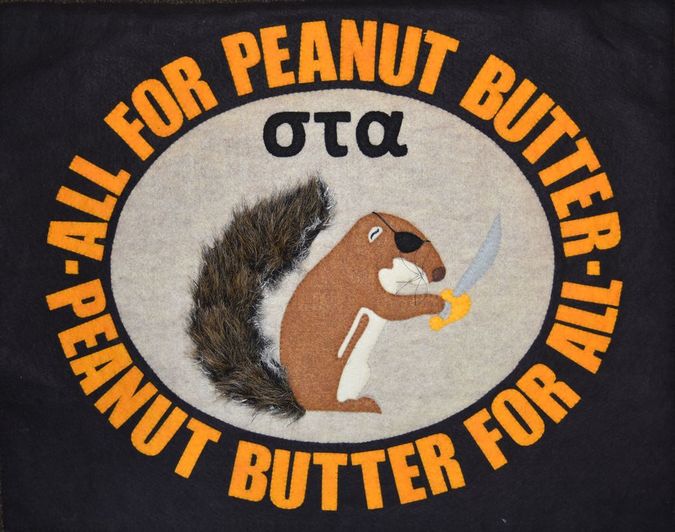Research
My research has focused on the selective factors that influence the evolution of sociality and mating systems. The majority of my research focuses on sociality in ground dwelling squirrels. The species diversity of squirrels and other small mammals allows me to continue to pursue investigations into the environmental factors affecting social and mating systems. By comparing the intra- and interspecific variation in behavioural development, dispersal, reproduction, life history and social structure, the significance of various selective factors on the evolution of sociality can be ascertained. For the past few decades I have studied the behaviour of the Cape ground squirrel, a species that inhabits the arid regions of southern Africa. My lab has studied their behaviour, physiology and population dynamics, integrating both field and laboratory techniques. We have focused our research on their cooperative behaviours, reproduction, mating, and their interspecific interactions (particularly as ecosystem engineers). We have also initiated a study of the Barbary ground squirrel, another social species that inhabits northern Africa. Both species of African squirrels are highly social, with the formation of all-male groups where aggression is rare. In North America we have investigated the reproductive investment of Richardson's ground squirrels, evaluating sex differences in parasite infections. We have also investigated male grouping in the polar bear, a marine species in which amicable male groups form. Such all-male groups are quite rare among mammals and thus provide an excellent opportunity to gain important insights into selective forces leading to sociality.
My research has focused on the selective factors that influence the evolution of sociality and mating systems. The majority of my research focuses on sociality in ground dwelling squirrels. The species diversity of squirrels and other small mammals allows me to continue to pursue investigations into the environmental factors affecting social and mating systems. By comparing the intra- and interspecific variation in behavioural development, dispersal, reproduction, life history and social structure, the significance of various selective factors on the evolution of sociality can be ascertained. For the past few decades I have studied the behaviour of the Cape ground squirrel, a species that inhabits the arid regions of southern Africa. My lab has studied their behaviour, physiology and population dynamics, integrating both field and laboratory techniques. We have focused our research on their cooperative behaviours, reproduction, mating, and their interspecific interactions (particularly as ecosystem engineers). We have also initiated a study of the Barbary ground squirrel, another social species that inhabits northern Africa. Both species of African squirrels are highly social, with the formation of all-male groups where aggression is rare. In North America we have investigated the reproductive investment of Richardson's ground squirrels, evaluating sex differences in parasite infections. We have also investigated male grouping in the polar bear, a marine species in which amicable male groups form. Such all-male groups are quite rare among mammals and thus provide an excellent opportunity to gain important insights into selective forces leading to sociality.
